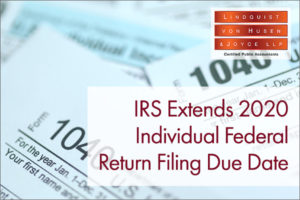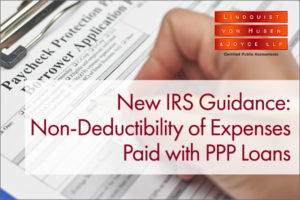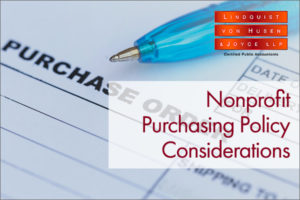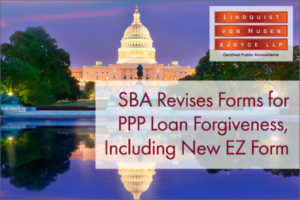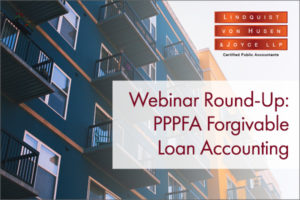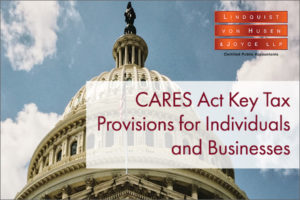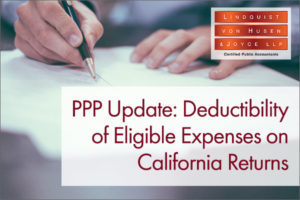
PPP Update: Deductibility of Eligible Expenses on California Returns
California Governor Gavin Newsom signed Assembly Bill 80 (AB 80) on April 29, 2021 to allow certain businesses to deduct their eligible expenses that were paid with forgiven Paycheck Protection Program (PPP) loans. Prior to this new legislation, California did not allow a tax deduction of eligible expenses paid with forgiven PPP loan funds. California


